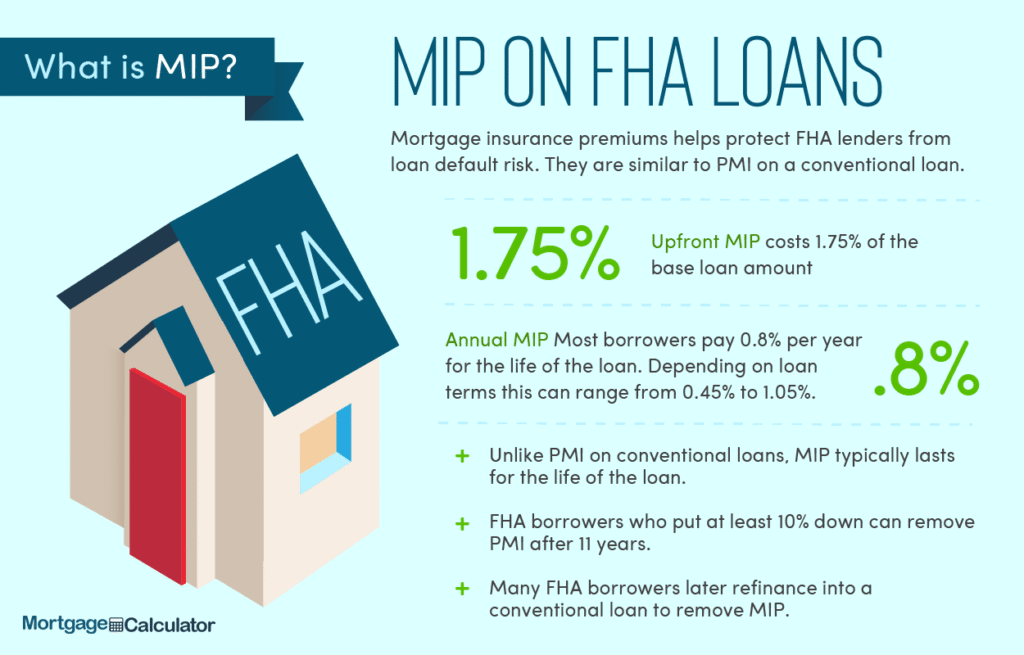When you start working with a financial advisor, you’re entering into a relationship that’s built on trust and professional guidance. However, what many investors don’t realize is the critical legal difference between a fiduciary and a suitability standard, which could significantly impact your investment outcomes. Understanding these differences is crucial to making informed decisions about who you trust with your financial future.
The Essence of Fiduciary Duty
In the world of financial advice, a fiduciary is someone who is legally required to put your interests ahead of their own or their firm’s. They must act with utmost good faith, providing investment advice that best serves your financial goals and needs.

Suitability Standard – What It Means
On the flip side, the suitability standard is less stringent. Advisors under this standard only need to ensure that recommendations are suitable for your financial situation, without necessarily being the best option. This can lead to a significant difference in the quality and type of advice you receive.
Comparing Fees and Commissions
A key area where these distinctions become tangible is in how advisors are compensated. Fiduciaries typically operate on a fee-only model, meaning they don’t earn commissions on the products they recommend. Conversely, those adhering to the suitability standard may receive commissions, which could introduce potential conflicts of interest.
Conflict of Interest: A Major Divergence
Fiduciaries are bound to disclose any conflicts of interest and work to minimize them, ensuring they don’t affect their advice. The suitability standard doesn’t necessitate such transparency, meaning advisors might recommend products that earn them higher commissions even if a better option exists.
The Importance of Disclosure
Fiduciary advisors are required to provide comprehensive disclosure about their investment methodologies, fees, and any potential conflicts of interest. This level of transparency is designed to foster trust and ensure that investors have all the information they need to make informed decisions.

How to Determine if Your Advisor is a Fiduciary
There are straightforward ways to ascertain whether your financial advisor operates under a fiduciary duty. Asking directly about their fiduciary commitments and requesting to see their Form ADV (a document filed with the SEC) are good starting points.
Legal Protections and Recourse
Clients working with fiduciaries have a higher level of legal protection. Should a fiduciary breach their duty, clients have more substantial recourse to recover damages. The regulatory framework is different for those working under the suitability standard, potentially making it harder to challenge unsatisfactory advice.
The Impact on Your Investment Portfolio
Choosing between a fiduciary and a suitability-standard advisor can have a profound impact on your investment portfolio. Fiduciaries are more likely to recommend a diverse and balanced portfolio tailored to meet your individual goals, while suitability advisors might focus on products that generate higher commissions for them.
Fiduciaries and Retirement Planning
When it comes to retirement planning, working with a fiduciary advisor can be particularly advantageous. They can provide holistic advice that considers all aspects of your financial life, ensuring that your retirement planning is both comprehensive and aligned with your long-term goals.
Researching Your Financial Advisor
Before entering into any advisory relationship, it’s vital to do your research. Checking credentials, reading reviews, and verifying their fiduciary status can help ensure you’re choosing an advisor who will truly work in your best interest.
The Bottom Line
The choice between a fiduciary and a suitability standard is more than just a matter of preference; it’s a decision that could significantly influence your financial future. As such, it’s essential to understand these differences and make an informed decision about who you entrust with your financial goals.
Conclusion
The distinction between fiduciary and suitability standards is a crucial consideration for anyone seeking financial advice. By opting for a fiduciary, you’re more likely to receive advice that’s purely in your best interest, potentially saving you a fortune in the long run and giving you peace of mind about your financial decisions.
Frequently Asked Questions
What is the main difference between fiduciary and suitability standards? The main difference lies in the level of obligation to the client; fiduciaries must act in the best interest of their clients, while suitability standards require only that advice is suitable.
Can a financial advisor be both a fiduciary and operate under suitability standards? Yes, some advisors can operate under both standards at different times, depending on the services provided. It’s important to clarify an advisor’s role before working with them.
How can I check if my financial advisor is a fiduciary? You can ask them directly, require them to state their fiduciary status in writing, or check their Form ADV filed with the SEC.
What should I do if I’m concerned my advisor is not acting in my best interest? You should raise your concerns directly with your advisor. If not satisfied, you may consider seeking a second opinion or reporting them to the relevant regulatory authority.
Are fiduciary advisors more expensive than those under the suitability standard? Not necessarily. While fiduciaries typically charge a fee based on assets under management, this can often be more cost-effective than paying commission on products sold under the suitability standard.


